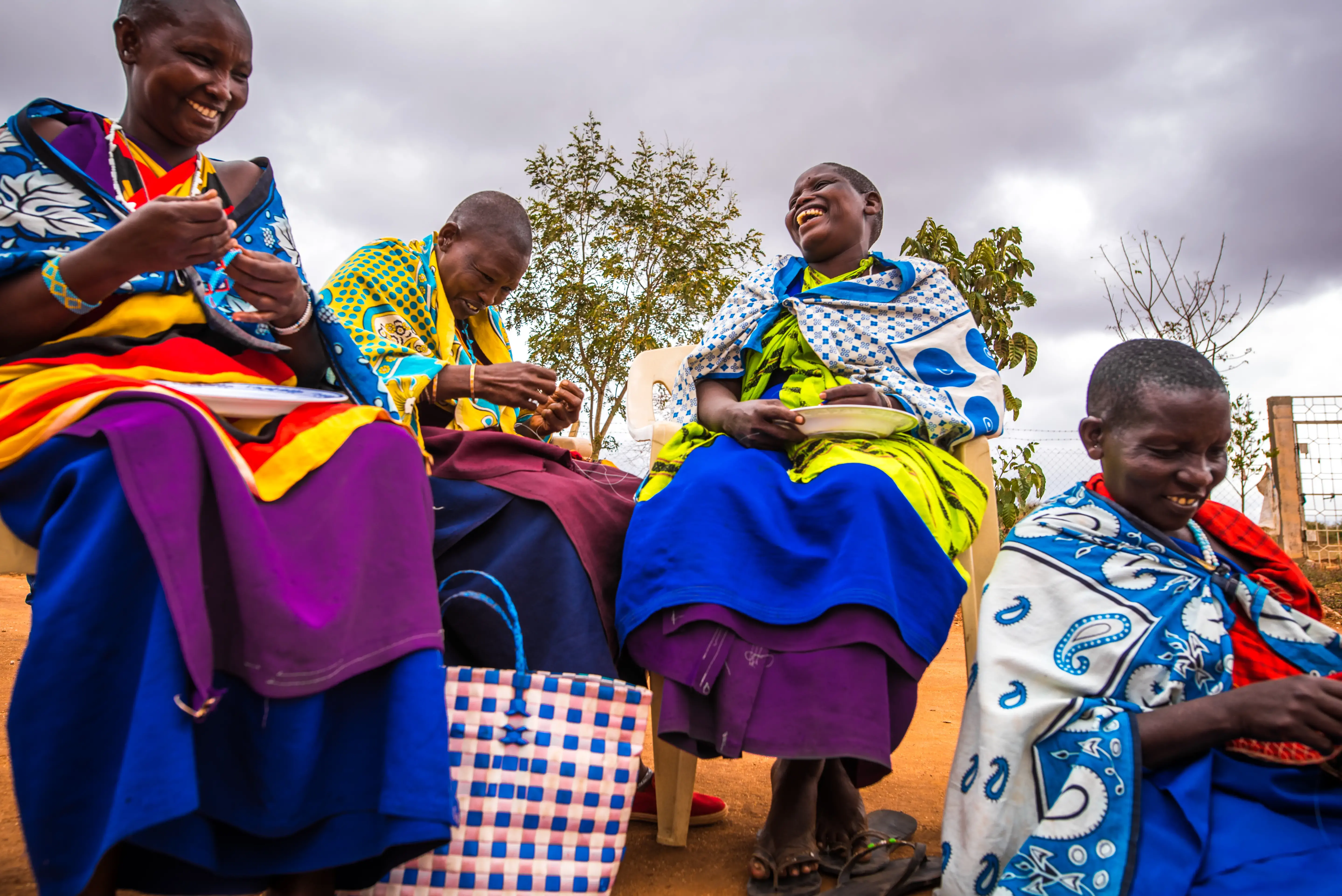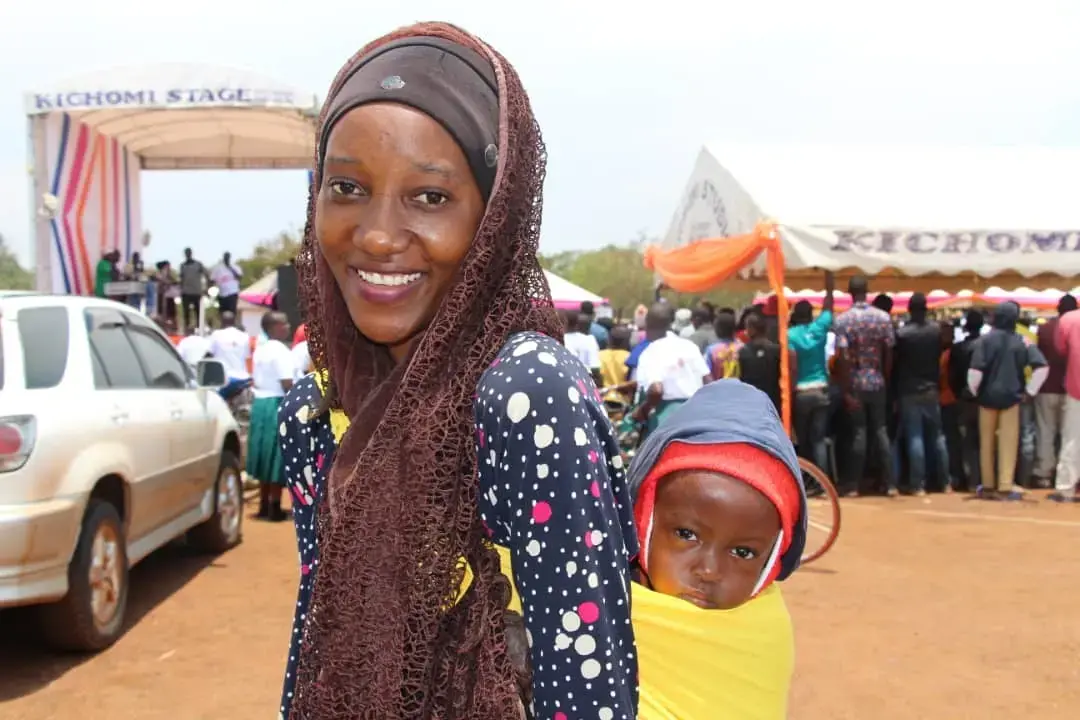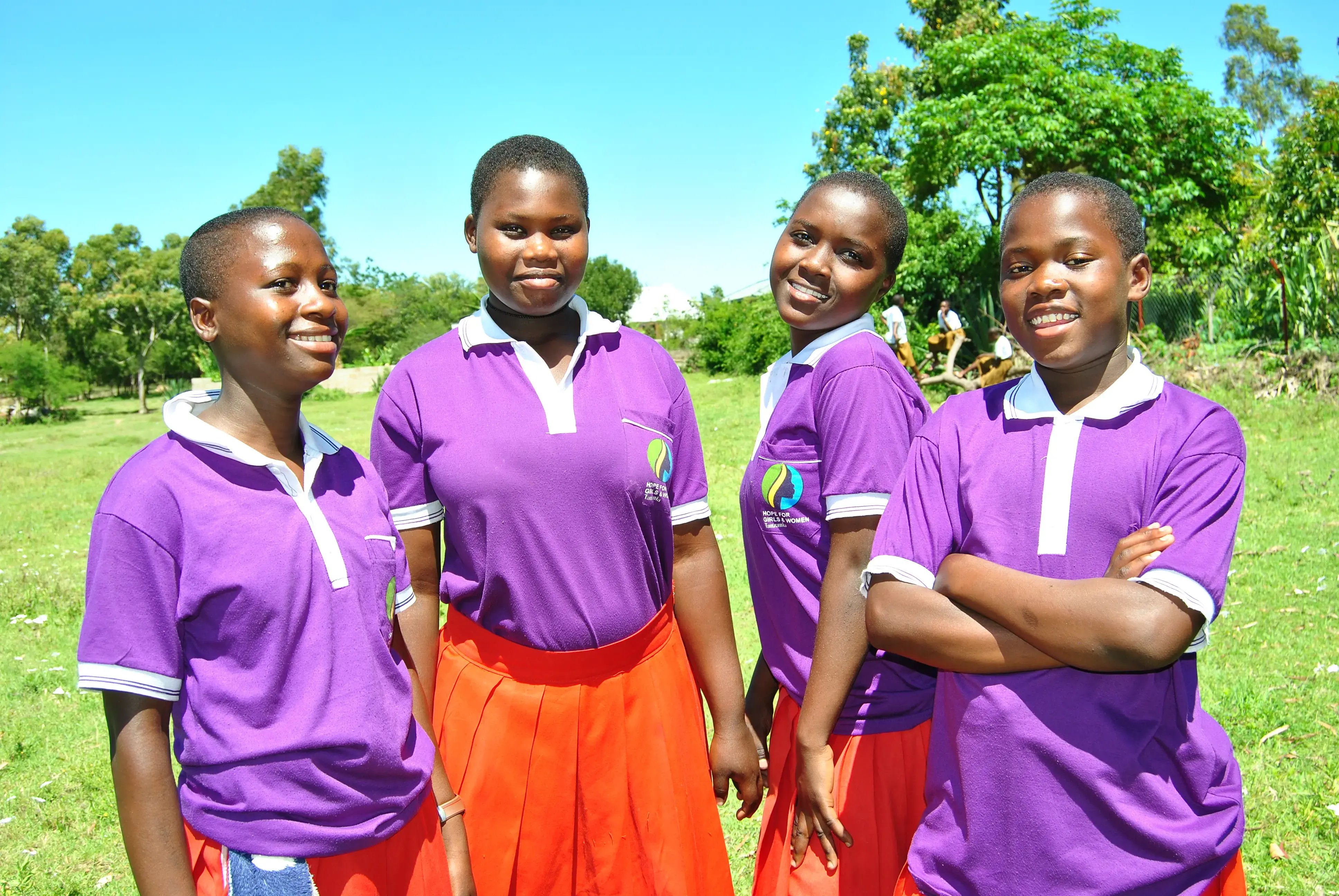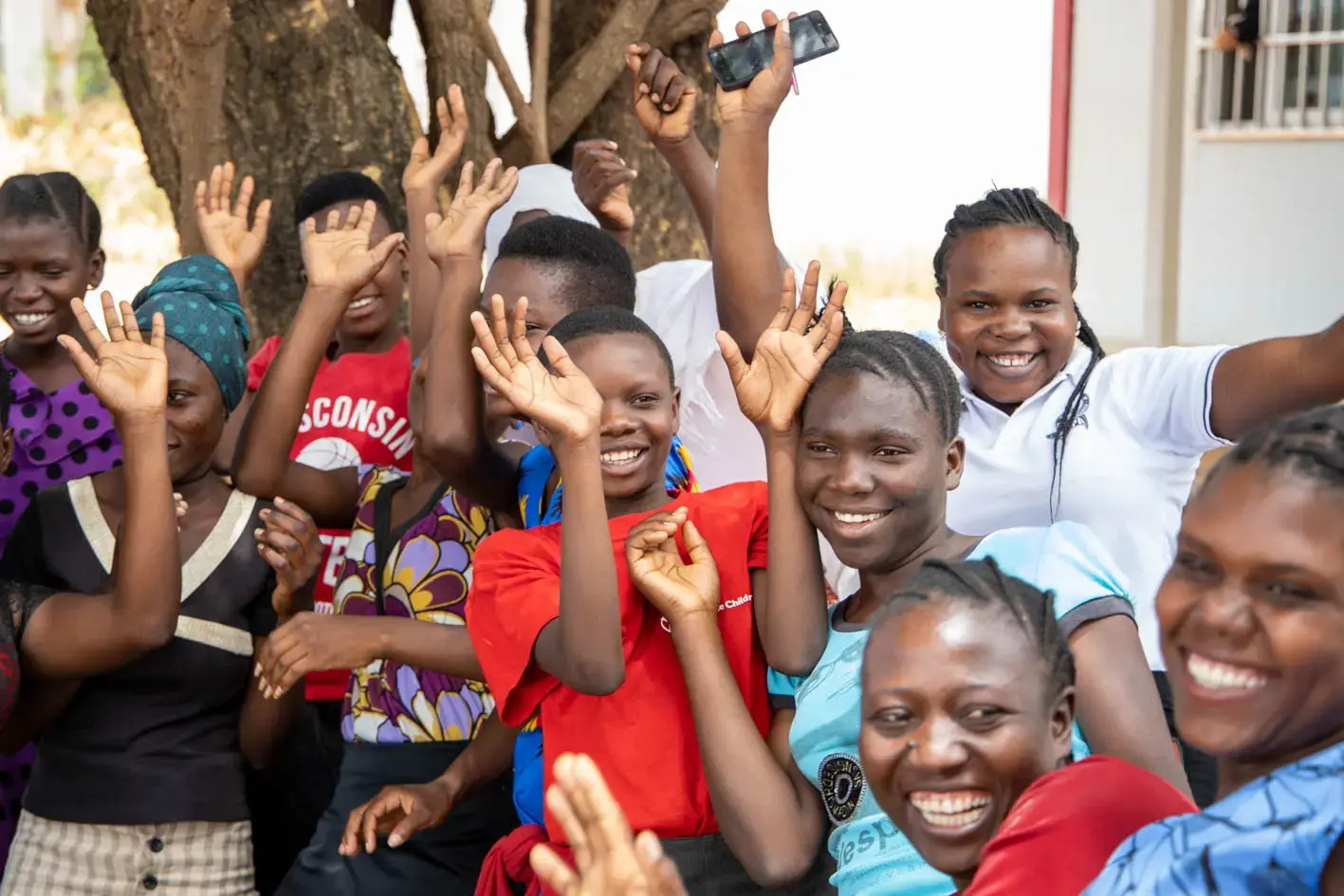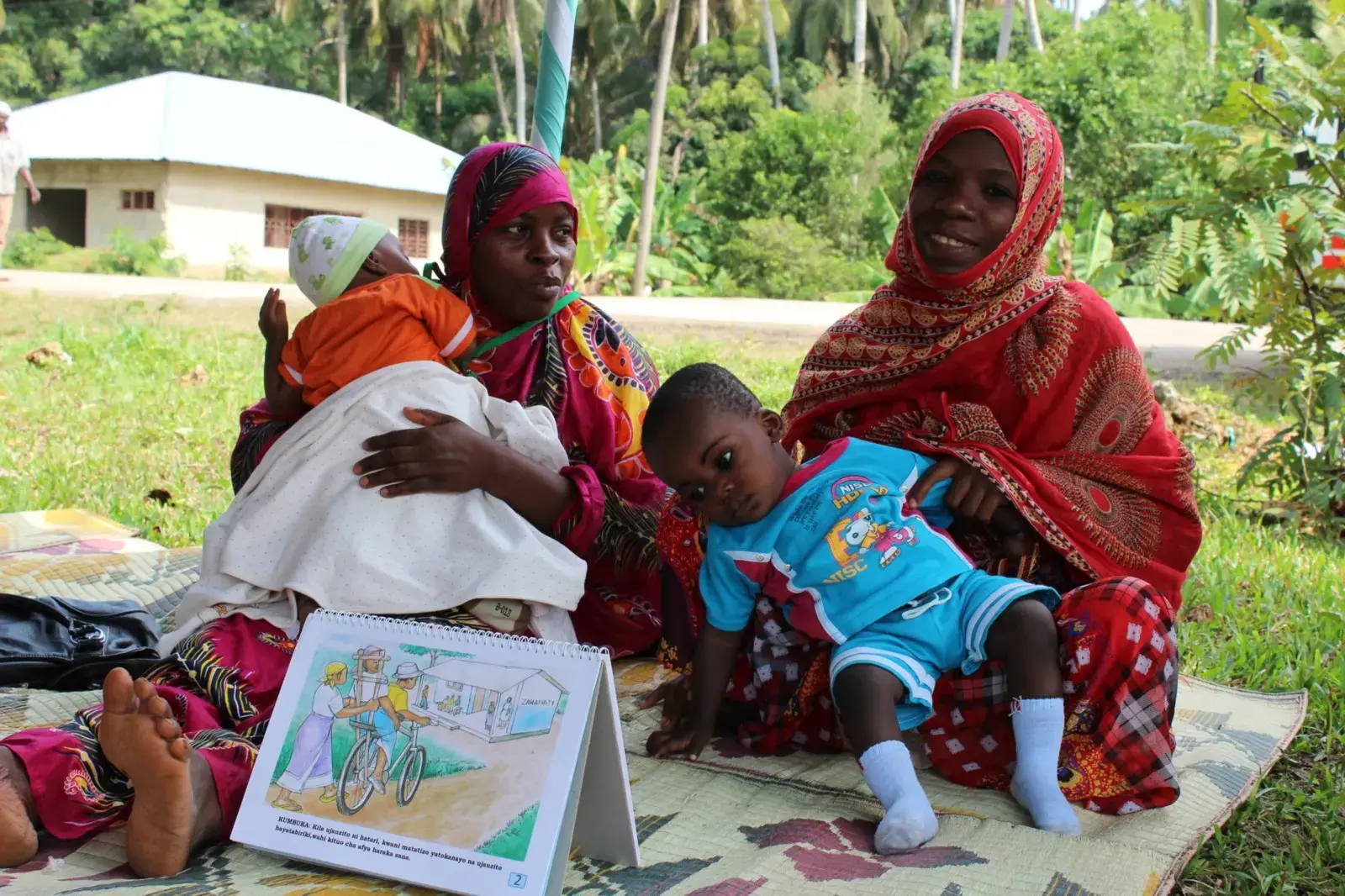Gender equality is a human right. Women are entitled to live with dignity and with freedom from want and from fear. Gender equality is also a precondition for advancing development and reducing poverty: Empowered women contribute to the health and productivity of whole families and communities, and they improve prospects for the next generation.
Still, despite solid evidence demonstrating the centrality of women’s empowerment to realizing human rights, reducing poverty, promoting development and addressing the world’s most urgent challenges, gender equality remains an unfulfilled promise.
For more than 30 years, UNFPA has advocated for women and girls, promoting legal and policy reforms and gender-sensitive data collection, and supporting initiatives that improve women's and girls' health and expand their choices in life.
Gender equality is at the heart of UNFPA’s work in Tanzania. The promotion of gender equality and non-discrimination is a key factor in achieving universal access to sexual and reproductive health, the realization of reproductive rights, the prevention of HIV and other sexually transmitted infections, and the achievement of sustainable development. The importance of gender equality is underscored by its inclusion as one of the 17 sustainable development goals (SDG 5).
We support government and partners in efforts to promote gender equality and women and girls’ empowerment by focusing on:
• Empowering women and girls to exercise their sexual and reproductive health and human rights.
• Promoting legal and policy strengthening and/or reform.
• Strengthening national capacities to prevent and respond to gender-based violence (GBV), including practices that harm women, such as female genital mutilation.
• Building capacity for the collection and use of gender-disaggregated data.
The ability of women and girls to exercise their sexual and reproductive rights to make free and informed choices about their sexual and reproductive life, and about whether and when to have children, is a central component of gender equality. We work in support of government, with partners, to increase the availability and use of integrated sexual and reproductive health services (including family planning, maternal health, HIV, and GBV prevention and response services), which are gender-responsive and meet human rights standards for quality of care and equal access. Women, adolescents and young people and underserved populations, including local communities and refugees in Kigoma Region, are our priority focus.
Support to the National Plans of Action to End Violence Against Women and Children are at the core of our current multisectoral approach to tackle GBV at the policy and implementation level. We work with government, UN Agencies, and international and local organizations in support of the provision of medical care and social support for the survivors of GBV as well as to increase accountability and to prevent GBV more broadly.
We continue to build the capacity of government and national institutions to improve the quality, coverage and availability of gender-disaggregated data to ensure that consistent and comparable statistics on women’s and girls’ outcomes are available to monitor several gender-related targets under national programmes as well as the SDGs.
UNFPA leads the United Nations Development Assistance Plan II (UNDAP II) 2016-2021, Thematic Results Group on Democratic Governance, Gender Equality and Human Rights.

